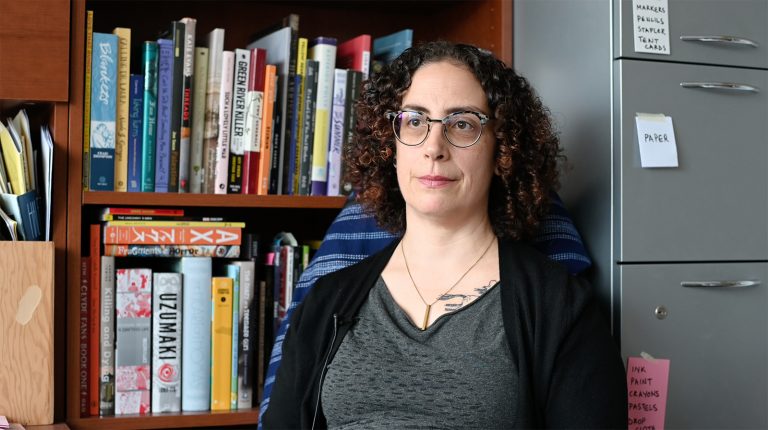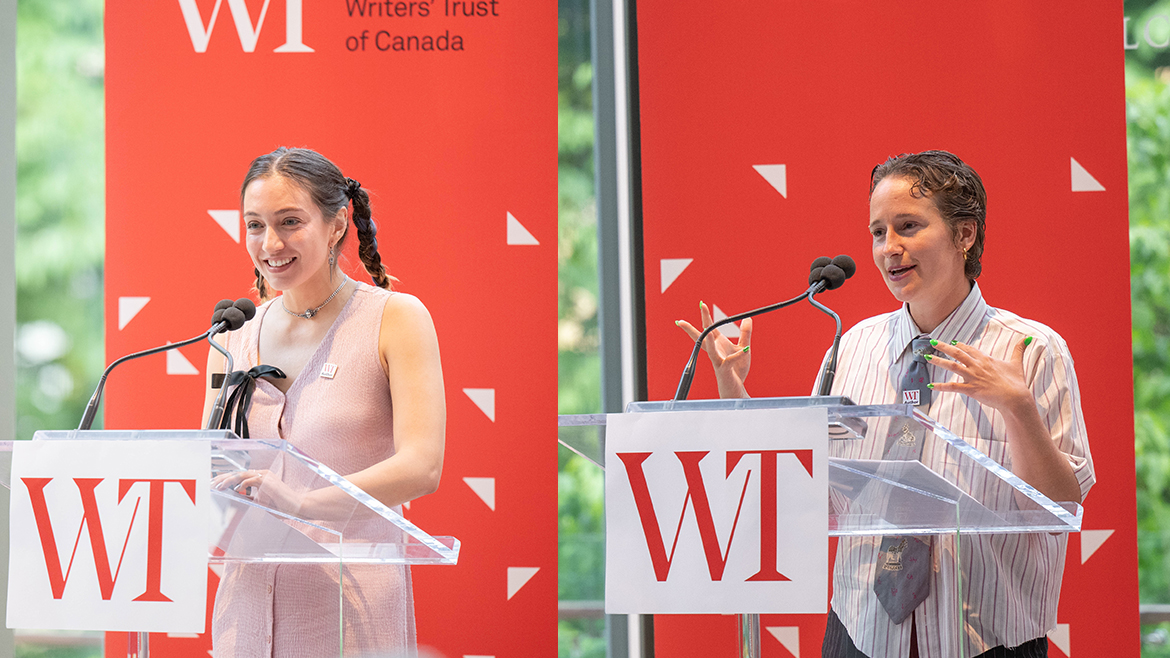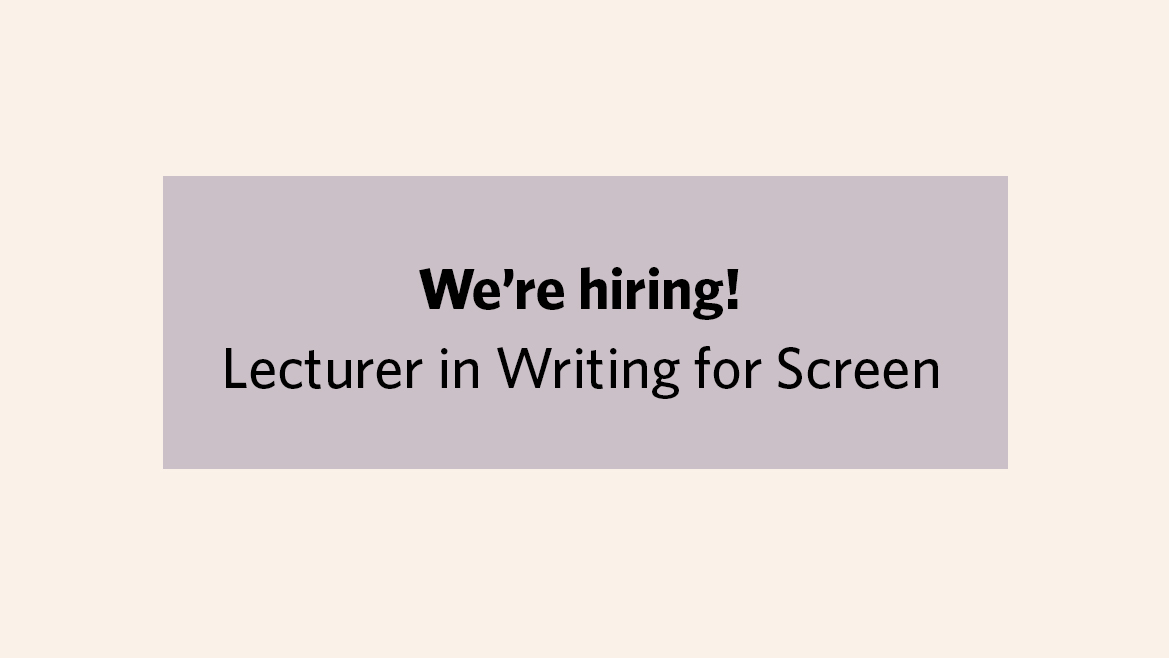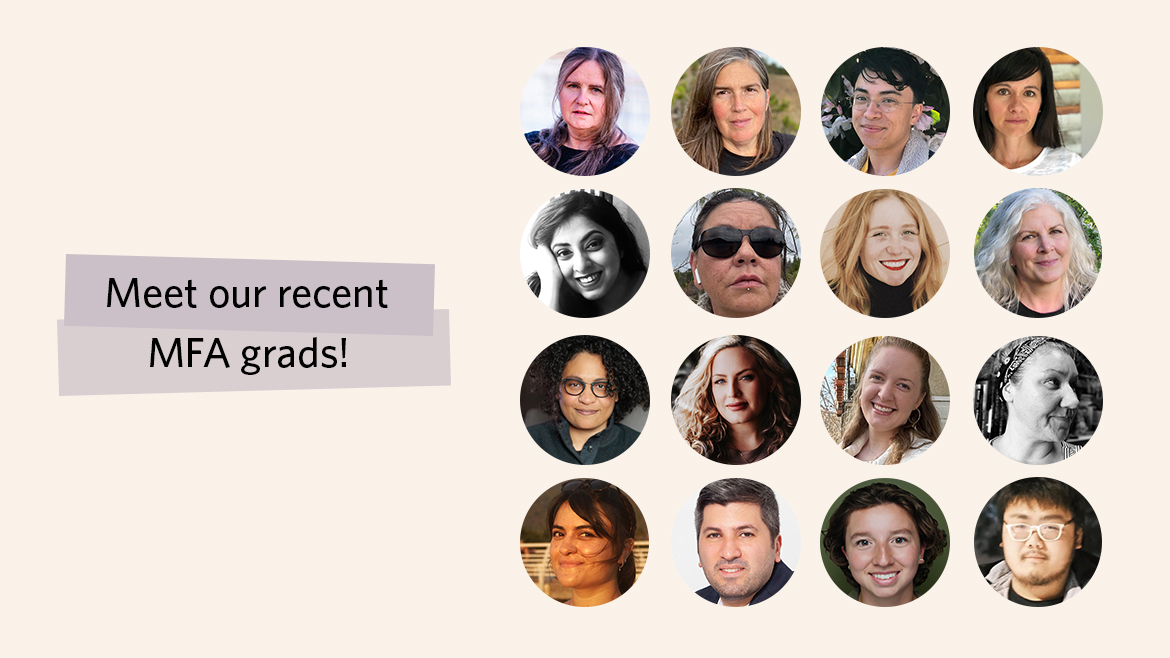

Cartoonist and lecturer Sarah Leavitt recently collaborated with the Centre for Health and Education Scholarship (CHES) in UBC’s Faculty of Medicine as a Mini-Sabbaticant. During her visit to CHES, Leavitt met with faculty and others to learn more about medical education innovation, and to explore ways in which comics might be useful to enhance students’ learning and resilience.
Leavitt creates and teaches comics classes in the UBC Creative Writing program, with an interest in how studying and creating comics can benefit all students. She’s part of a growing field of cartoonists, health care providers and academics interested in studying and discussing the intersection of health care and comics, dubbed “graphic medicine”.
Her graphic memoir, Tangles: A Story About Alzheimer’s, My Mother and Me is widely considered to be a core text of the growing “graphic medicine” field. Besides being nominated for the Writers’ Trust and other literary awards, Tangles is used in humanities and health curricula around the world.
“During the six years that my mother was sick with Alzheimer’s, I kept journals full of notes and small sketches. Drawing has been a way for me to record and process experiences for as long as I can remember. My original plan had been to write a prose memoir about my experience with my mom, but just before she died I had begun exploring comics. I decided to create a graphic memoir instead,” says Leavitt.
“The more I worked on the book, the more I realized that comics offered unique tools for communicating some of the most complicated parts of my story – for example, showing my mother’s degeneration in how I drew her or juxtaposing images of my mother healthy and sick, or giving visual form to dreams and nightmares.”
Like Leavitt, more and more health care providers and educators are discovering the value of comics. Evidence-based research shows that reading and creating comics can increase empathy and understanding in health care providers.
Applications of “graphic medicine” include sharing experiences in the form of graphic memoirs like Tangles, educational comics about health issues for patients or family members, comics that present complex health research in an accessible form, and comics created by health students about their educational and clinical experiences.
Collaborating with CHES provided Leavitt with the opportunity to share these benefits with the Centre’s faculty, and to exchange resources and explore methods to help students implement “graphic medicine” in their personal and professional practices.
“Sarah Leavitt’s visit is a perfect example of the interdisciplinary collaboration we strive to enable and support here at the Centre for Health Education Scholarship,” says Glenn Regehr, Associate Director – Research at CHES. “Her unique perspective and talents dovetail wonderfully with several members of our community who are looking for creative ways to humanize health professional training and to supplement our learners’ knowledge acquisition with an appreciation for the personal experience of patients.”
“It’s clear to me that there are lots of possibilities for interdisciplinary projects here at UBC, both in comics and medicine and in health humanities more broadly. There’s a lot of interest and excitement within health education faculties at UBC (medicine, nursing, pharmacy, etc.) about incorporating arts and humanities into health education,” says Leavitt.
“One of the things that excites me most about this kind of cross-faculty collaboration is that it can lead to opportunities for Creative Writing students to use their skills in very practical ways. Storytelling skills are valuable in lots of different fields.”


